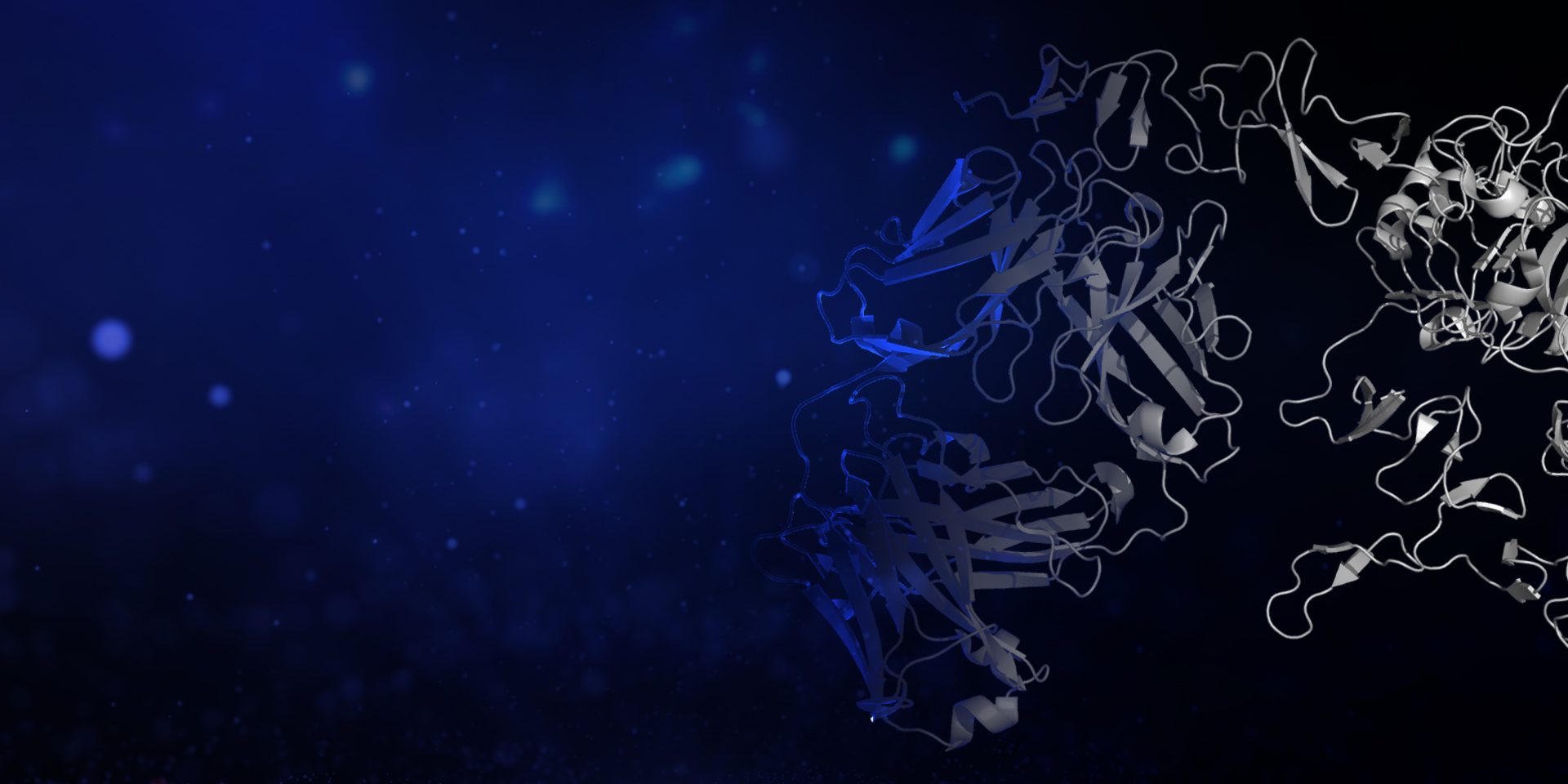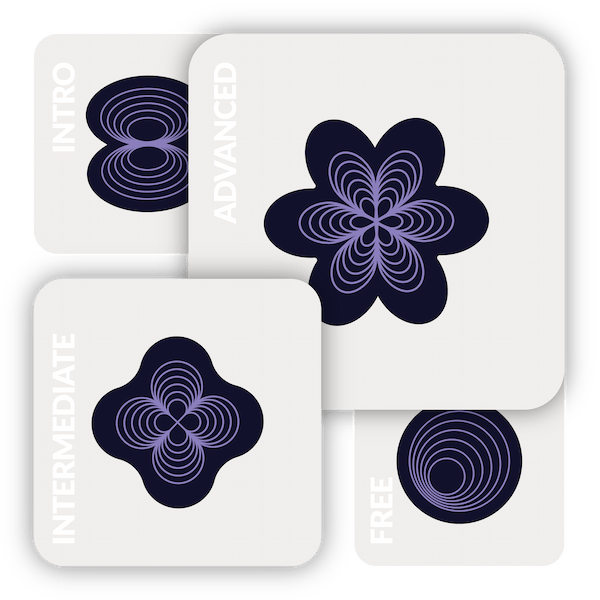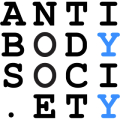Introduction to computational antibody engineering
Structure-based workflows for assessing and improving stability, affinity, and ‘humanness’ of antibody therapeutics with BioLuminate

Structure-based workflows for assessing and improving stability, affinity, and ‘humanness’ of antibody therapeutics with BioLuminate
Computational molecular modeling tools have proven effective in antibody development and are increasing in use across the antibody discovery industry. The antibody engineers of today will frequently encounter molecular modeling throughout their careers making it critical to have foundational understanding of the relevant tools and methods.
This course is ideal for those who wish to develop professionally and expand their CV by earning certification and a badge.
This course comes with access to a web-based version of Schrödinger software with the necessary licenses and compute resources for the course:

Learn how to use an industry-leading interface for biologics modeling. No coding or scripting required to run modeling workflows
Antibody structure prediction, prepare antibody structures loaded from the PDB, structure reliability analysis, sequence alignment, and sequence annotation
Best practices for developability analysis, humanization, computational mutagenesis, and antibody-antigen docking
Apply your skills in an open-ended case study where you will propose variants for an antibody targeting IFNGR1
Introduction and overview
Development of therapeutic antibodies for the treatment of disease
Basic tasks and workflows in BioLuminate
Computational developability guidelines for antibody profiling
Exploring your toolbox for structure-based and sequence-based design
Antibody structure determination using a combination of homology modeling, energy-based refinement, and loop prediction
Antibody modeling case studies
Engineering the surface properties of a human monoclonal antibody prevents self-association and rapid clearance in vivo
Final case study
Introduction to the final case study
Final assignment
We proudly support the next generation of scientists and are committed to providing opportunities to those with limited resources. Learn about your funding options for our online certification courses as a student, post-doc, or industry scientist and enroll today!

When you complete a course with us in molecular modeling and are ready to share what you learned with your colleagues and employers, you can share your certificate and badge on your LinkedIn profile.
Pricing varies by each course and by the participant type. For students wishing to take these courses, we offer a student price of $150 for introductory courses, $305 for the Materials Science bundle, and $870 for advanced courses. For commercial participants, the course price is $575 for introductory courses and $1435 for advanced courses and bundles.
The courses run on sessions, which range from 3-6 week periods during which the course and access to software are available to participants. You can find the course session and start dates on each course page.
Once the course session begins, all lectures are asynchronous and you can view the self-paced videos, tutorials, and assignments at your convenience.
Interested participants can pay for the course by completing their registration and using the credit card portal for an instant sign up. Please note that a credit card is required as we do not accept debit cards. Additionally, we can provide a purchase order upon request, please email online-learning@schrodinger.com if you are interested in this option. If you have any questions regarding how to pay for the course, please visit our funding options page.
Schrödinger is committed to supporting students with limited resources. Schrödinger’s mission is to improve human health and quality of life by transforming the way therapeutics and materials are discovered. Schrödinger proudly supports the next generation of scientists. We have created a scholarship program that is open to full-time students or post-docs to students who can demonstrate financial need, and have a statement of support from the academic advisor. Please complete the application form if you qualify for our scholarship program!
While access to the software will end when the course closes, some of the material within the course (slides, papers, and tutorials) are available for download so that you can refer back to it after the course. Other materials, such as videos, quizzes, and access to the software, will only be available for the duration of the course.
For the duration of the course, you will have access to a web-based version of Maestro, Bioluminate, Materials Science Maestro and/or LiveDesign (depending on the course). You do not have to separately purchase access to any software. While access to the software will end when the course closes, some of the material within the course (slides, papers, and tutorials) are available for download so that you can refer back to it after the course. Other materials, such as videos, quizzes, and access to the software, will only be available for the duration of the course. Please note that Schrödinger software is only to be used for course-related purposes.

What our alumni say